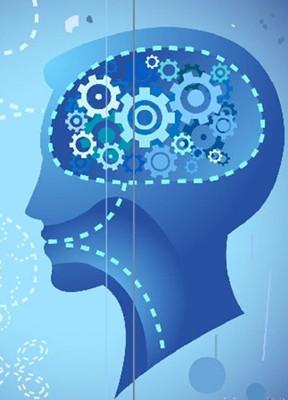The word “bacteria” likely conjures up nasty images in your mind of E. coli, several strains of which are a common cause of food poisoning. You're reminded of the Black Death, a series of bacteria-inspired plagues that swept through 14th century Europe. Where To Find Bacteria? But bacteria are not so isolated from us physically. To be found only in some contaminated foods stuff, like some bad E. coli.
一听到“细菌”这个词,便会让人们联想到恶心的大肠杆菌的画面,其中有几种大肠杆菌常常引起食物中毒。你还会想起14世纪席卷欧洲大陆的黑死病,这也是由于细菌引发的瘟疫。细菌存在于哪里?细菌并不能离开宿主独立存在。例如一些糟糕的大肠杆菌会寄生在被污染的食物内。

In fact, they can be found almost everywhere on and in the human body—on our skin, in our mouths, guts, kidneys—just to name a few, and they are present in almost unbelievable numbers. On average, a human body has about ten times more bacteria cells living in and on it, than it has human cells.
实际上,在人体表面或者体内都能发现细菌——皮肤上,口腔内,内脏和肾脏内都能找到,数不胜数,而且细菌的数量庞大得令人难以置信。平均来说,寄生在每个人体内的细菌细胞数量比人体细胞多十倍。
So in a very real sense, you're more bacteria than human. Additionally not all bacteria are such bad guys, in fact quite the opposite is true. Your skin, for example, hosts a zoo of friendly bacteria that fight off real micro bad guys, giving you a sort of “invisible armor” against harmful intruders.
因此从本质上讲,你比人类更细菌。此外,并不是所有的细菌都有害,事实上却完全相反。例如你的皮肤上就寄生了各种友好的细菌,它们抵抗真正有害的微生物,为你提供一种“无形的护甲”以抵挡有害入侵。
And you have trillions more bacteria in your intestines helping you digest your food, and keeping your immune system running strong. And further studies have found that some bacteria in the human gut may help adults ward off kidney stones and prevent children from developing asthma.
而且你的肠道内也寄生着上万亿的细菌,帮助你消化食物,维护你的免疫系统正常运行。进一步的研究发现内脏里的一些细菌有助于成年人预防肾结石,防止小孩患上哮喘。
So the next time you hear the word “bacteria”, don't let the few rotten apples spoil your opinion of the whole bunch, for many more of them are your friends than are your enemies.
因此,下次你再听到“细菌”这个词时,不要再让烂苹果坏了你对细菌的印象,因为友好细菌还是远多于有害细菌的。













